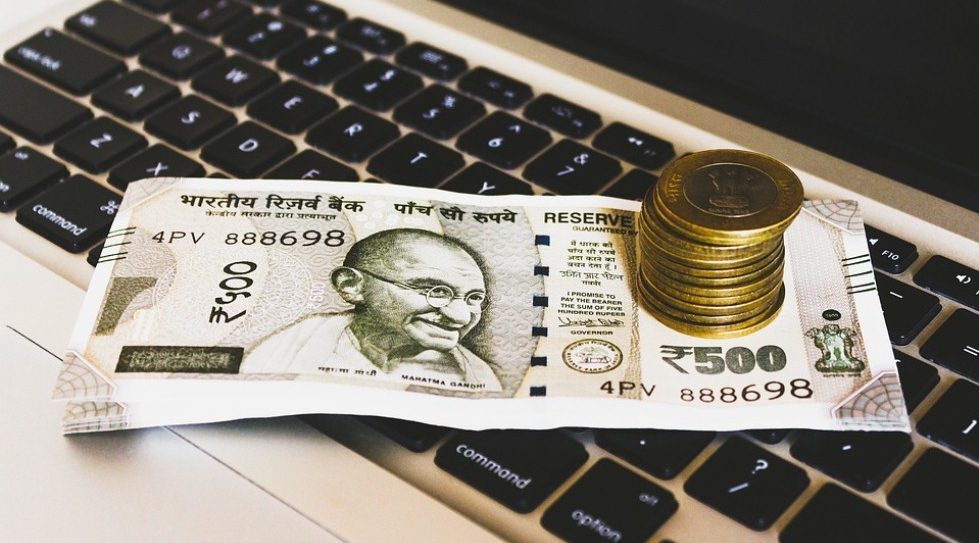HONG KONG — Paying a record fine of $2.8 billion might be enough for Alibaba Group to draw a line under Beijing’s anti-monopoly crackdown for now, but China’s largest ecommerce company is not off the hook as its extensive media assets remain a concern for the authorities.
While Alibaba is best known for its online shopping platforms Taobao and Tmall, the Hangzhou-based company has also assembled a media empire. It includes newspapers, digital and broadcast media, a social-networking platform, video-streaming site, film production company and advertising agencies.
For Alibaba, these media platforms are effective tools to help funnel users towards its other businesses at a time when big tech companies are competing to build sprawling ecosystems, from ecommerce to entertainment. But their growing influence over content creation and distribution, a process closely monitored by Beijing, is increasingly unsettling the authorities.
Alibaba, founded by once outspoken billionaire Jack Ma, is particularly worrying for Beijing. A self-proclaimed “chief education officer”, the 56-year-old has often challenged the establishment with his visions of the future. But as Beijing moves to rein in the power of big tech groups, Ma’s unbridled ideas are increasingly seen as disruptive.
Following the suspension of the $37 billion IPO of Ma’s Ant Group, a fintech affiliate of Alibaba, last year, Beijing also asked Alibaba to shed its holdings in media assets, the Wall Street Journal reported last month, citing sources.
Alibaba owns Hong Kong-based newspaper South China Morning Post, video-streaming platform Youku and a 30% share of Twitter-like social media site Weibo. Along with its affiliates, Alibaba invested in Bilibili, known as China’s version of video platform YouTube, news group Yicai Media Group, digital news sites 36Kr and Huxiu.com, as well as Focus Media, China’s largest offline advertising company. Nikkei invested in 36Kr.
“It’s fair to say that Alibaba’s control over information, media and personal data in China has far exceeded [that of] tech giants in other countries,” said Zhu Ning, professor of finance and deputy dean at the Shanghai Advanced Institute of Finance.
Alibaba’s influence over public opinion was highlighted in two recent incidents, believed to have contributed to the drastic change of government attitude.
Last December, business news site Huxiu, backed by Ant, took aim at Beijing’s anti-monopoly regulations in an editorial, warning that a crackdown could stifle the growth of internet companies and damage the competitiveness of China’s economy. The article, with an apparent pro-Alibaba tone, was published after the market regulator launched an investigation into Alibaba, which led to a record fine of 18 billion yuan ($2.8 billion) four months later.
The article, however, was deleted from Huxiu’s website shortly afterwards, and the site stopped uploading new content for a month, telling users it would “enter maintenance mode”.
The other incident involved Weibo, which counts Alibaba as its second largest shareholder and biggest advertising client. The social media platform was found deleting posts, shutting down comments and taking down trending search topics to quell gossip involving a senior Alibaba executive last year.
Commenting on the incident, the People’ Daily, the Chinese Communist Party’s mouthpiece, criticized the “crude and over-simplified” approach. “It’s astonishing how powerful the capital (Alibaba) is in forming public opinion,” the article reads.
Zhu said the Weibo incident “shows how effectively Alibaba as a private company was able to filter and control information.”
He also noted that recent moves by Twitter and Facebook to block then U.S. President Donald Trump from their platforms also sounded the alarm for Beijing. “The power that these internet companies have demonstrated in affecting policy-making and information distribution is beyond what a government can accept,” Zhu said.
As people become more reliant on tech platforms for information, and their sway over public opinion grows, the government is shifting what until a few years ago was a rather supportive attitude.
In fact, back in 2014, the central government published guidance to encourage deeper integration and mutual investments between traditional media outlets and internet companies, with Chinese President Xi Jinping personally endorsing it.
Meanwhile, regulators are also concerned Alibaba’s media holdings will disproportionately strengthen the company’s dominance in more areas beyond e-commerce and online financial services.
While media assets do not seem a natural fit for the ecommerce group, analysts argue the investments make a lot of sense for Alibaba. Compared to its rivals Tencent Holdings, which owns Weixin, a messaging app with more than 1 billion users, and ByteDance, operator of video-sharing platform TikTok, known in China as Douyin, Alibaba lacks powerful self-grown media platforms to engage and retain users.
“An ecosystem lacking media platforms will be at a disadvantage in competition. Looking at its rivals, Alibaba sees the benefits of having media resources,” said Martin Bao, a Shanghai-based analyst at ICBC International.
Tencent’s WeChat platform was instrumental in the rapid rise of ecommerce site Pinduoduo, which attracted new customers through friend referrals. Tencent is the second largest shareholder in Pinduoduo. And Douyin and its rival Kuaishou have been able to rapidly grow their ecommerce business through live streaming, thanks to their large user base.
A larger media portfolio also helps grow advertising revenue. “Advertising is a very important core business for internet groups and provides a stable and low-cost revenue source,” Bao said.
Alibaba does not disclose advertisement revenue separately in its financial report. But group chief financial officer Meggie Wu told investors in 2017 that 60% of the company’s revenue came from its advertising platform, where vendors bid for advertising space on its own sites and on the media platforms it has partnerships with.
Already the largest player in China’s digital advertising market, Alibaba had a market share of more than 30% in 2020, according to research company eMarketer. The e-commerce group works with more than 4,000 media partners and 100,000 mobile applications to distribute ads, covering 98% of China’s population, according to Alibaba.
Alibaba’s media investment is “mainly about expanding its ecosystem at all costs to prevent other companies like Tencent and Baidu from dominating cyberspace,” said Leo Sun, Taipei-based technology specialist at The Motley Fool.
Alibaba’s rivals have also made substantial media investments. For example, Baidu acquired the livestreaming business of video-based social media platform Joyy last year for $3.6 billion. Tencent has developed its own online news site and video platform, and is also an investor in Kuaishou and Bilibili.
But Sun believes players like Tencent, Baidu and ByteDance are unlikely to draw the kind of government scrutiny as Alibaba did, because their media investments are still related to their core businesses, and “are nowhere as extensive as Alibaba’s”, even though Tencent and Bytedance attract more eyeballs.
The other internet groups are also more accommodating to the requests of regulators, and seldom challenge government policies.
Alibaba’s Ma, however, is known for having ideas of his own, and likes getting his messages across to a large audience. He is a seasoned speaker at global forums alongside business tycoons, world leaders and international institutions. He even started a business school near Alibaba’s Hangzhou headquarters for business leaders in China.
Ma’s influence in the business elite circle has caught Beijing’s attention. The Financial Times has reported that Ma’s school was forced to suspend its executive training program, which was set to start at the end of March.
“The government considers itself as the only authority to exercise monopoly over people’s attention. It despises any attempt to compete with it for attention,” said Fang Kecheng, an assistant professor of journalism at the Chinese University of Hong Kong.
Beijing’s message is clear, Fang said: “It should be up to the government to decide what people should pay attention to — not the private corporations.”







